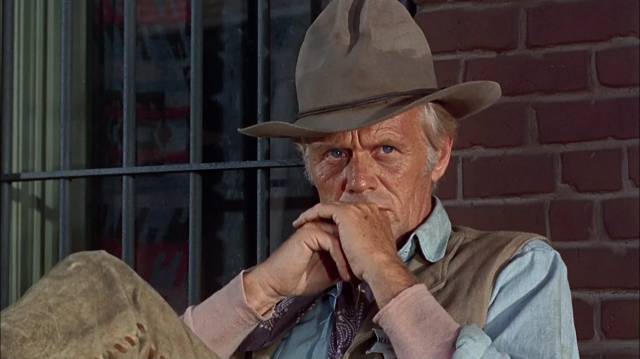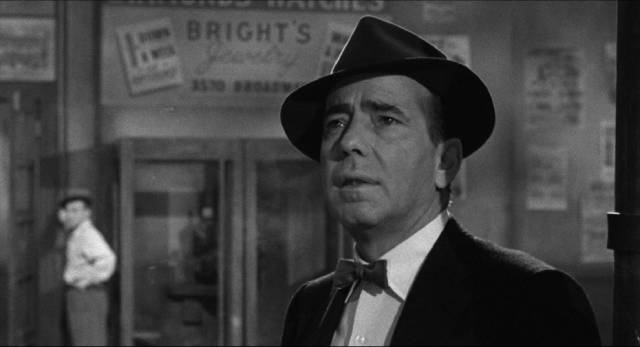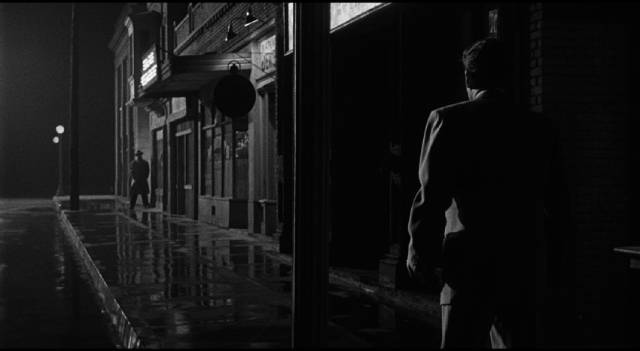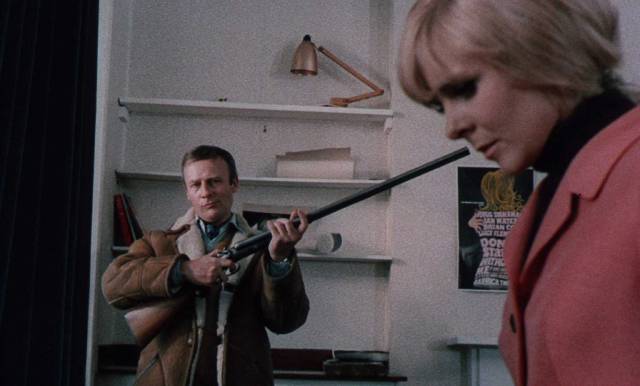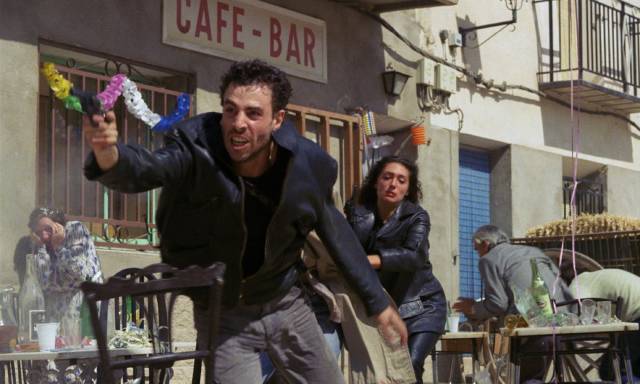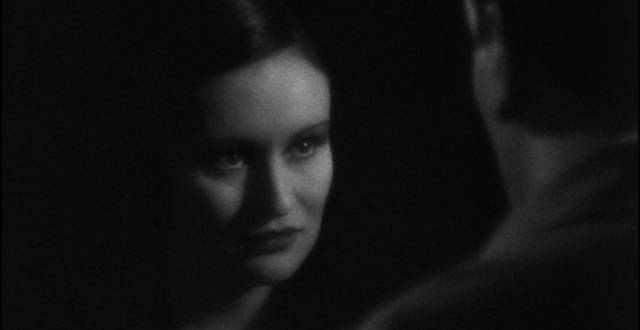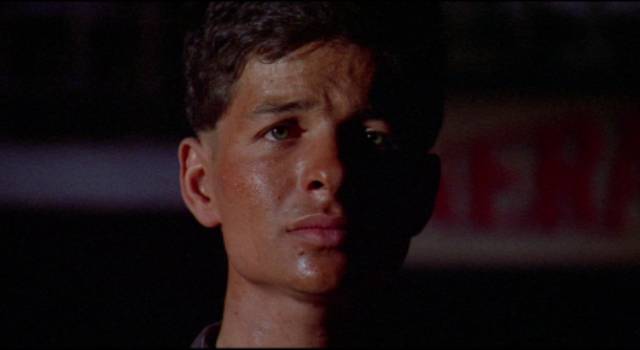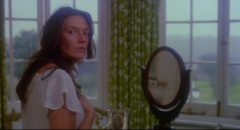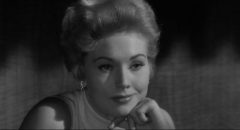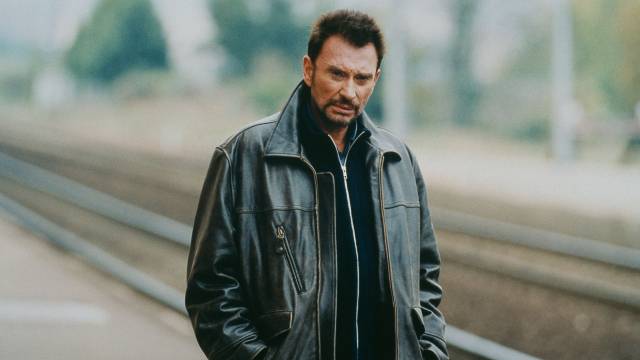
Three recent releases spanning nine decades offer radically different viewing experiences, from James Whale’s pre-Code courtroom drama The Kiss Before the Mirror (1933), rife with bourgeois misogyny, to Patrice Leconte’s Man on the Train (2002), steeped in existential weariness, to Justin Benson and Aaron Moorhead’s Something in the Dirt (2022), in which the residents of a nondescript Los Angeles apartment discover a portal to cosmic horror.
